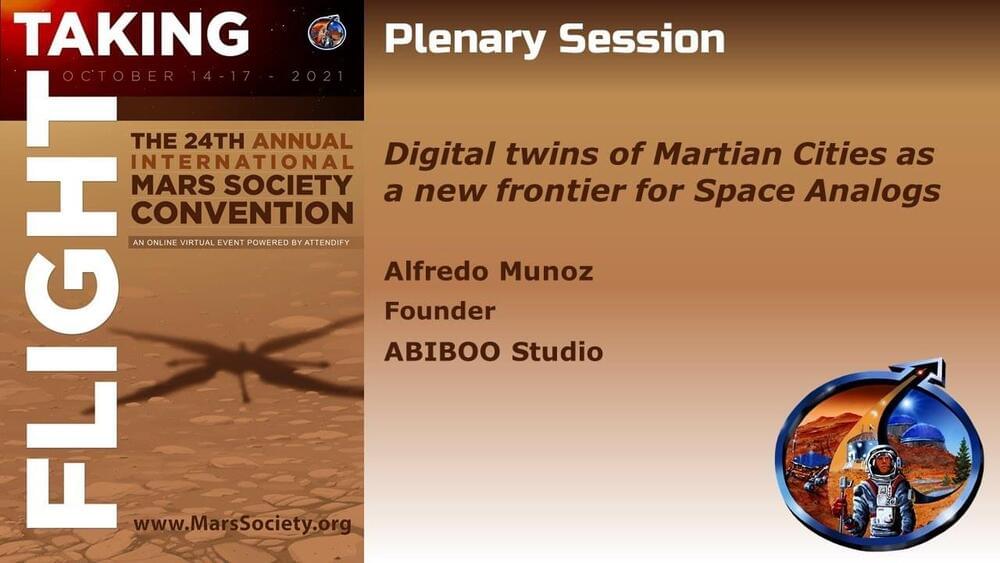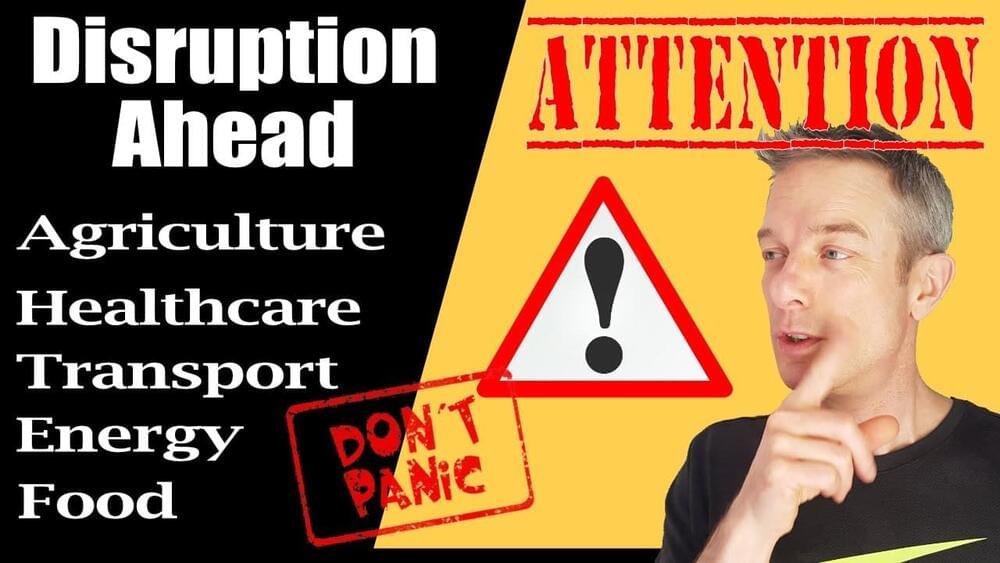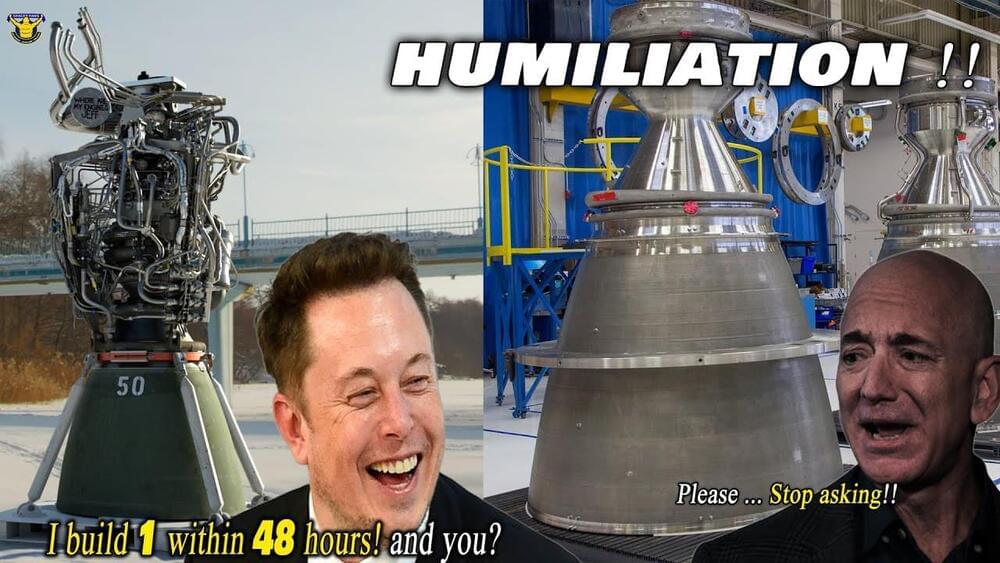
(2021). Nuclear Technology: Vol. 207 No. 8 pp. 1163–1181.
Focusing on nuclear engineering applications, the nation’s leading cybersecurity programs are focused on developing digital solutions to support reactor control for both on-site and remote operation. Many of the advanced reactor technologies currently under development by the nuclear industry, such as small modular reactors, microreactors, etc., require secure architectures for instrumentation, control, modeling, and simulation in order to meet their goals. 1 Thus, there is a strong need to develop communication solutions to enable secure function of advanced control strategies and to allow for an expanded use of data for operational decision making. This is important not only to avoid malicious attack scenarios focused on inflicting physical damage but also covert attacks designed to introduce minor process manipulation for economic gain. 2
These high-level goals necessitate many important functionalities, e.g., developing measures of trustworthiness of the code and simulation results against unauthorized access; developing measures of scientific confidence in the simulation results by carefully propagating and identifying dominant sources of uncertainties and by early detection of software crashes; and developing strategies to minimize the computational resources in terms of memory usage, storage requirements, and CPU time. By introducing these functionalities, the computers are subservient to the programmers. The existing predictive modeling philosophy has generally been reliant on the ability of the programmer to detect intrusion via specific instructions to tell the computer how to detect intrusion, keep log files to track code changes, limit access via perimeter defenses to ensure no unauthorized access, etc.
Continue reading “Covert Cognizance: A Novel Predictive Modeling Paradigm” »


















